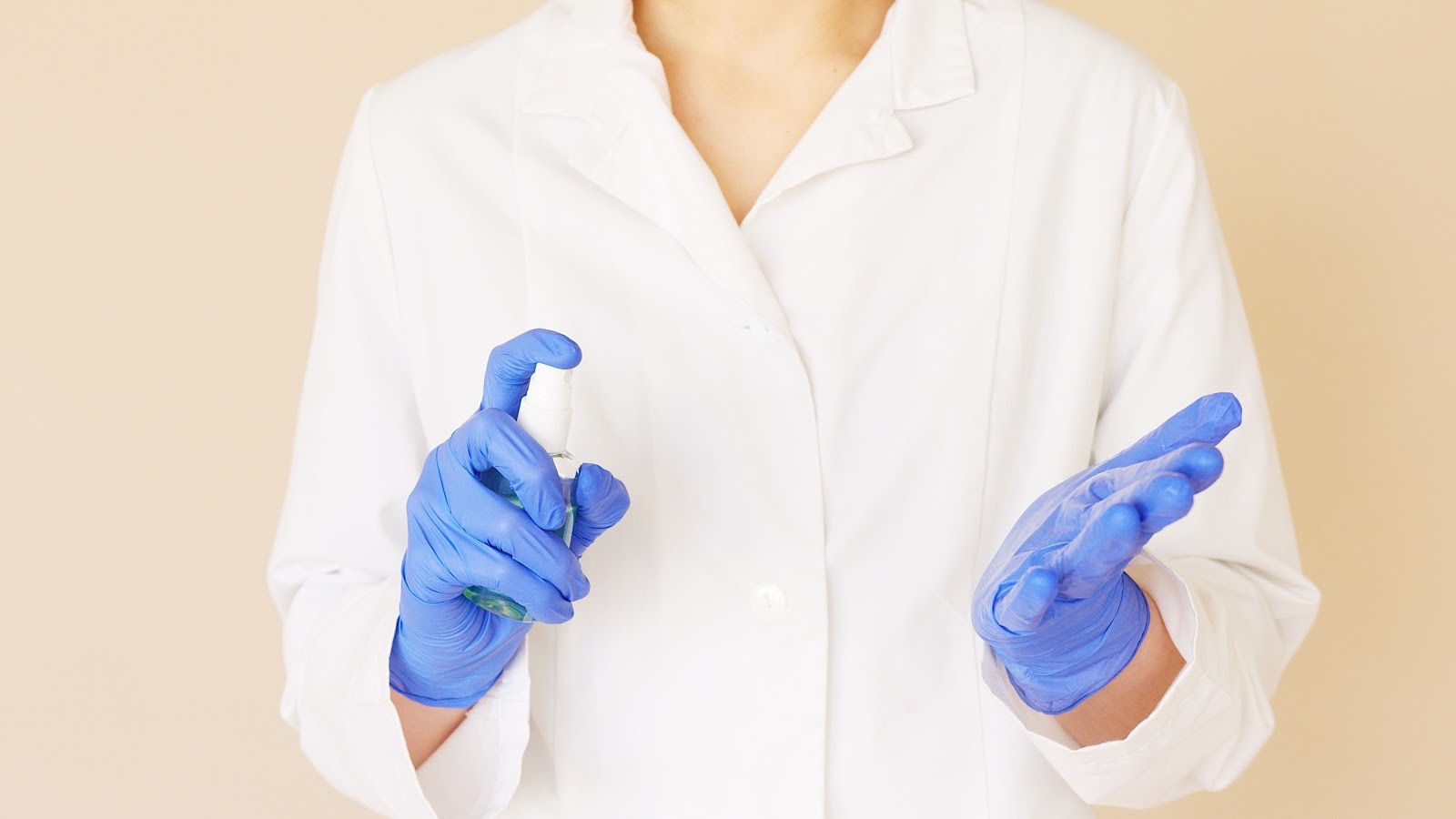Is now a good time to make a hospital visit? Or should you be steering clear due to the risk of catching/spreading Covid-19? This post helps to clear things up as to whether you should be visiting the hospital or not.
Is it for your health?
If you’ve got a serious health problem that needs examination or treatment at a hospital, then it’s probably a good idea to schedule an appointment as normal. 2020 saw an increase in non-Covid-related deaths as a result of people delaying and avoiding necessary care. While going to a hospital may increase your risk of exposure to Covid-19, you could be putting yourself in greater danger by not going to hospital.
It’s worth talking to a doctor to find out what they recommend. For minor conditions and certain examinations, it may be possible to book a virtual appointment. If this is not possible, a hospital visit may be necessary.
Hospitals are currently taking great measures to separate patients with Covid-19 from other patients, as well as limiting movement of patients and staff between wards. Strict sanitation measures are also in place across all wards. Any risk of catching Covid is likely to be very low. In fact, your local grocery store is likely to pose a greater risk.
Visiting another patient
Hospitals have introduced strict limits on numbers of patients visiting. As a result, you may not be able to visit someone unless you’re a close family member visiting alone. It is worth checking ahead.
Visits are particularly likely to be restricted when involving patients with Covid-19. It is best to avoid all visits if possible unless absolutely necessary. Doctors are willing to make special exceptions for those visiting kids or patients who may be dying.
Ways to stay safe when visiting a hospital
There are many ways in which you can stay safe when visiting a hospital. Some of these measures include:
- Cleaning your hands: Make sure to bring a bottle of hand sanitizer with you such as these ones from Zylast. By keeping your hands clean, you’ll reduce the risk of catching or spreading coronavirus. Hospitals will provide hand sanitizer too and may enforce use of it when entering and going between wards.
- Wearing a mask: Wearing a mask is mandatory in hospitals in most states. By wearing a mask, you’ll further reduce the risk of catching or spreading the virus.
- Social distancing: Try to stay your distance at all times. Avoid physical contact with loved ones such as hugging or kissing – this could be particularly the case with patients in critical care.
- Self-isolating/getting a test beforehand: In the case of scheduled appointments, it may be recommended by a doctor that you self-isolate for a couple weeks beforehand to ensure that you haven’t got the virus when you enter the hospital. Alternatively, it may be recommended that you get a test the day before – this will confirm that you don’t have Covid-19 and could reduce the need to self-isolate.




